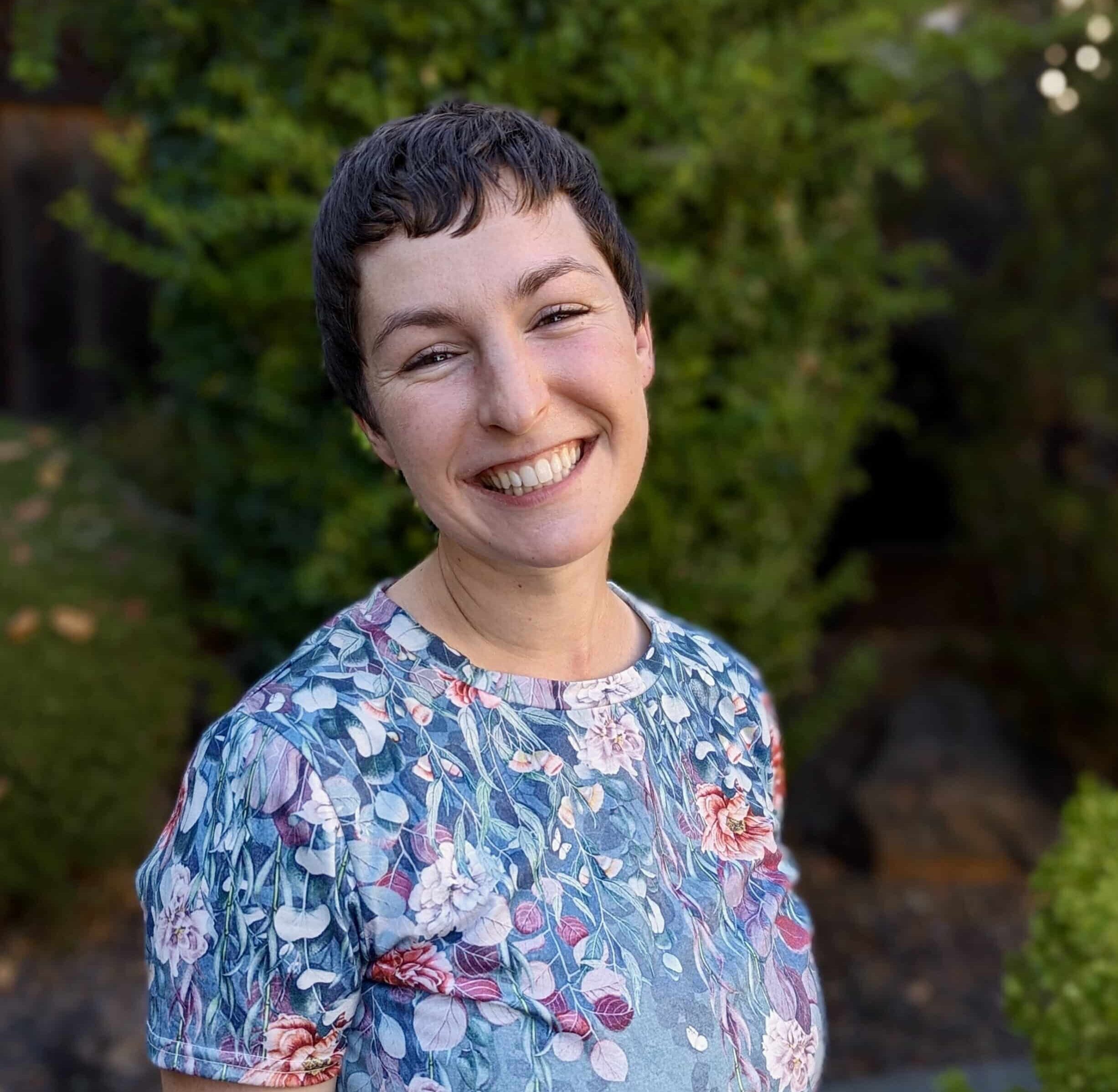As a trauma-informed addiction treatment center in Utah, approaching anxious parents with empathy and compassion is essential to the work we do at Corner Canyon Health Centers.
Heather R. Hayes, M.Ed., LPC, CAI, CIP, has provided this style of support in the intervention and clinical care she’s provided to addicted adolescents and young adults and their families for over thirty years. Corner Canyon Health Centers is grateful for her support in the work we do with families, especially as they make the transition to placing their loved one in our addiction treatment center.
In “That’s my Kid in There! The Paradigm Shift for Parents with Teens in Drug and Alcohol Treatment”, Heather explains the paradigm shift from “all-hands-on-deck to hands-off” which, for many families, can be a very difficult transition.
That’s my Kid in There! The Paradigm Shift for Parents with Teens in Drug and Alcohol Treatment
Keeping vigil in a hospital room with a family whose child has recently had a near-fatal overdose never gets easier. Ashen-faced parents with trembling hands keep watch, almost too afraid to blink. They sit for hours, even days, cloaked in a quiet resolve to hold that space for their child.
I watch family and friends fill the room. Many bring food and gifts for comfort, often because it is easier than knowing what to say. When someone needs to leave the room even for a minute, they make sure that someone else remains, as if it were a changing of the guard.
Because that’s what we do.
That is the ideal model when someone we love is sick, hurting, or in crisis. You show up. You stay. You support your loved ones through their darkest hours. That’s family. That’s friendship. That’s love.
Then, when the imminent threat passes and their child gets physically strong enough to enter treatment, the family starts to prepare. They spend hours on the phone arranging details, emptying accounts to pay for treatment, packing, booking flights, and sometimes driving hundreds of miles–only to sit in another room with more forms and questions while their child waits to be admitted.
Because that’s what we do.
Then, the treatment center staff break the news:
“I’m sorry, you can’t talk to your child for seven days, or three weeks, or two months. But we’ll update you weekly.”
They frantically wonder if they’ve made a terrible mistake.
I am her parent! That’s my kid in there! How dare you tell me I can’t see or talk to her? We visited every day while she was in the hospital. We love her. We support her.
This is where addiction treatment professionals have historically failed the parents of the teens we help.
The point at which parents bring their children to treatment has been preceded by a series of events that have placed life-saving decisions in their hands. This creates a relationship of complete dependence upon family for survival. Then, when they arrive at treatment, parents are told, without justification, to readily abandon the hard-wired model of loving parents standing by their child.
If it is thoroughly explained on the front end (which is rare), it is assumed that they now have an understanding of addiction and will be able to shelve all of the visceral reactions they have and function in a new way. To add insult to injury, these anxious parents are sometimes labeled by treatment professionals as needy, enabling or sick.
To that I say an emphatic, no. That is not fair. That is not right. This should not continue.
It is analogous to someone performing CPR on a person in heart failure. Their adrenaline causes extra amounts of blood to be pumped to the part of the brain that takes over in crisis, and the sole focus is on saving this life in front of you. When the paramedics arrive on the scene, even though the responders are better equipped to help, they often have to pull the individual who is performing CPR off the victim in order to get them to stop. Then, imagine the paramedics telling the person performing the CPR until they arrived that their efforts were needy or sick.
Of course, parents are terrified and confused. They’ve been told their kid has a disease. And then we take their kid away and tell them they can’t see or talk to them. Without context, it seems crazy and infuriating.
We need to do better. We need to support parents with deep empathy and walk them through this paradigm shift.
Because that is what it is: a 180-degree shift from how you help your child in a medical crisis to how you help your child in drug/alcohol treatment. This paradigm shift is radical and transformative. It requires not only a shift in our thinking but also a shift in our worldview concerning how we support a family in crisis. How can we help them repair? It’s like rescuing someone from a natural disaster, helping them heal, and then putting them right back into their decimated home. Lack of integration of the family system into their treatment cannot only significantly limit the potential for a successful outcome but also prevent those involved from ever seeking therapeutic solutions in the future.
An article published in the Journal of the Canadian Academy of Child and Adolescent Psychiatry titled “Engaging Families into Child Mental Health Treatment: Updates and Special Considerations” cites significant studies that emphasize the importance of family involvement in the treatment process (Gopalan, et al., 2010). They reference work done by Elhai and Ford (2009) that was published in the Cambridge University Press stating, “Even when parents are aware, many feel guilty that they were unable to protect their child from the initial trauma. Fears of being judged and attempts to protect their child from re-traumatization may lead parents to avoid treatment.”
Many parents believe they’ve irreparably damaged their child. We need to explain that this isn’t their fault; it’s all part of the process and there are clinical underpinnings that inform it. It is our duty as professionals to support these terrified parents, teach them how the disease is taking over their family, and acknowledge that this decision to bring your child to treatment is life-saving and life-changing. We need to fully educate parents, not label or pathologize them. We don’t need to compound their suffering.
The authors proceed to explain that when we, as treatment professionals, do not treat the family as an ally, we can do irreparable harm. They reference the 2006 study by Dr. Dara Kerkorian where she found that, “parents who felt disrespected by their children’s prior mental health providers were six times more likely to doubt the utility of future treatment and were subsequently likely to identify more structural and contextual barriers to treatment.”
We need to explain that in the initial stages of treatment, we separate the children from their normal environment (including their parents) not as a callous punishment but to allow everyone—children and parents—to slow down and regroup, rest and experience a break from the illness and the havoc it has wreaked on everyone’s lives. We need to explain how change takes time and support families working to make that change.
We must assuage their fears and explain that we find it beneficial to let parents and kids have the space necessary to hear each other’s stories without interference. We must walk them through the process and assure them that there will be special times reserved for them to see their child and just be with her and that there will also be family counseling sessions and regular updates from their child’s primary therapist.
A sum is only as great as its parts; therefore, comprehensive healing through family inclusion must not be pushed aside. The authors conclude the article with reference to Dechillo, Koren and Schultz’s findings that state, “To the degree that parents feel respected, valued, and treated as if they are knowledgeable and capable, they may also be more likely to actively partner with program staff to work toward their goals.”
As addiction treatment professionals, offering great empathy to anxious parents should be a necessary component of the work we do. It requires more than a weekly summary over the phone and more than a three-day family program. We must fully explain the paradigm shift of all-hands-on-deck to hands-off—the what and the why of it all— in order to ease the transition and demonstrate in practical terms that we are partners who share a common goal.
Because that’s what we do.
About Heather Hayes:
Heather Hayes is the co-founder and CEO of Hayes, Davidson, and Associates. She is a Master’s Level, Licensed Counselor, Board Registered Interventionist (CIP) and Certified ARISE Interventionist. Mrs. Hayes earned her B.A. from Emory University and her M.Ed. from Antioch University in Counseling Psychology. A veteran of the behavioral health field, she has over 30 years of experience working with addictions and other disorders and specializes in the treatment of adolescents/ young adults, trauma, brain disorders, complex mental health issues and the full spectrum of addictive disorders.
Known as one of the country’s most prominent authorities on these topics, Ms. Hayes is an accomplished speaker on the national and international stage and has been published in numerous journals, books, and other industry publications. Recognized for her comprehensive and trauma-informed approach to addiction and intervention, Ms. Hayes serves as an on-air expert and consultant for CNN and Dr. Oz.
Throughout her career in addiction treatment, Mrs. Hayes has worked to connect with her clients at their greatest points of suffering. She strives to offer clients and their families a place of safety as they navigate the recovery journey and also works with the entire family system to support long-term healing. As an independent interventionist, Ms. Hayes does not have financial ties to any treatment centers or clinicians. Over 90% of the individuals who go through the intervention process with her seek treatment. For more information on Heather Hayes and her services, please visit www.heatherhayes.com
Gopalan, G., Goldstein, L., Klingenstein, K., Sicher, C., Blake, C., & McKay, M. M. (2010). “Engaging Families into Child Mental Health Treatment: Updates and Special Considerations,” Journal of the Canadian Academy of Child and Adolescent Psychiatry, 19(3), 182–196.




